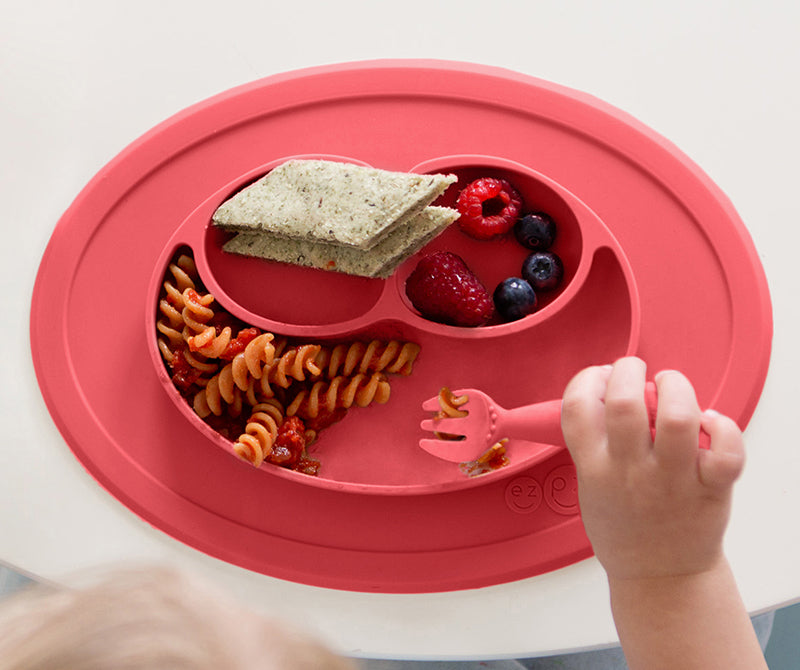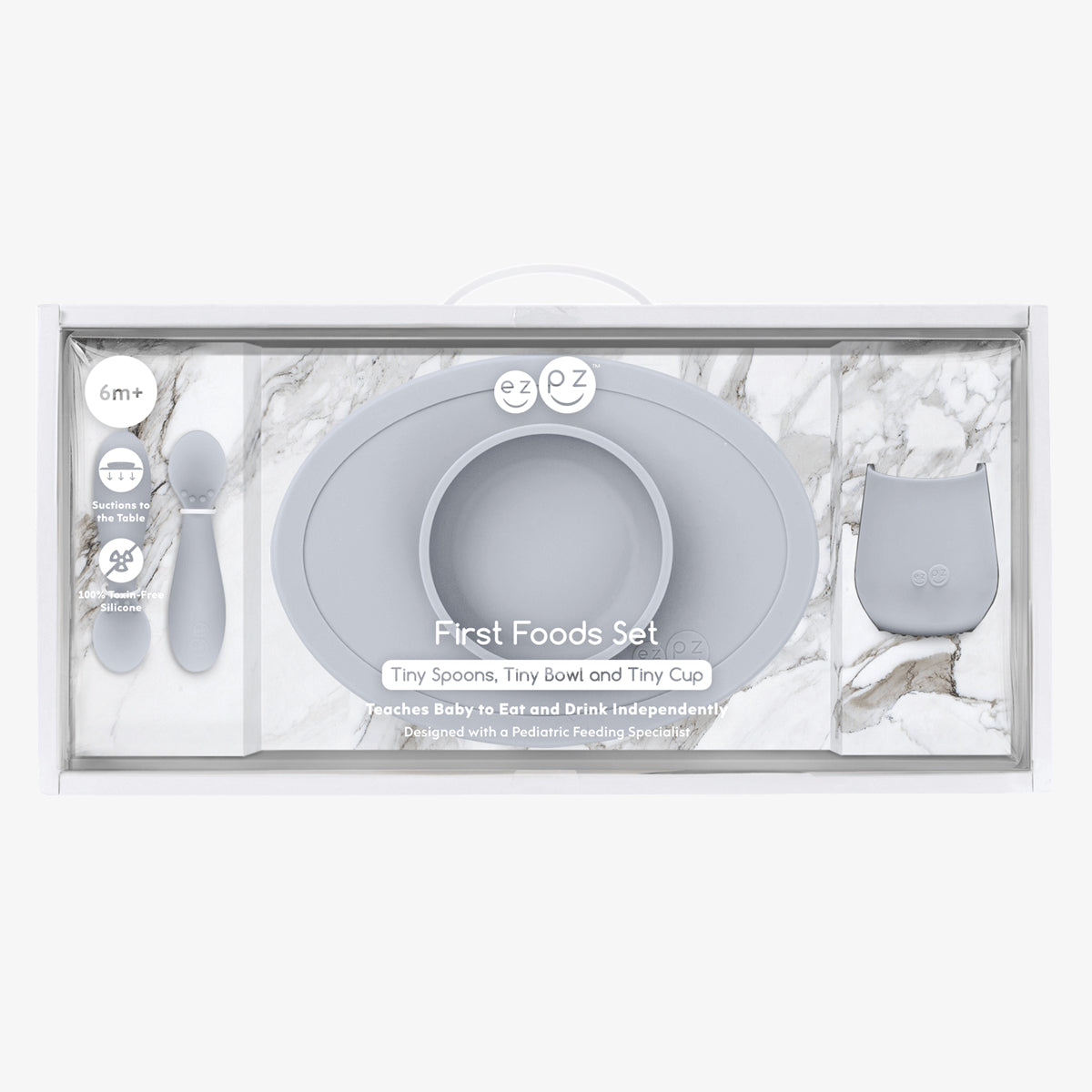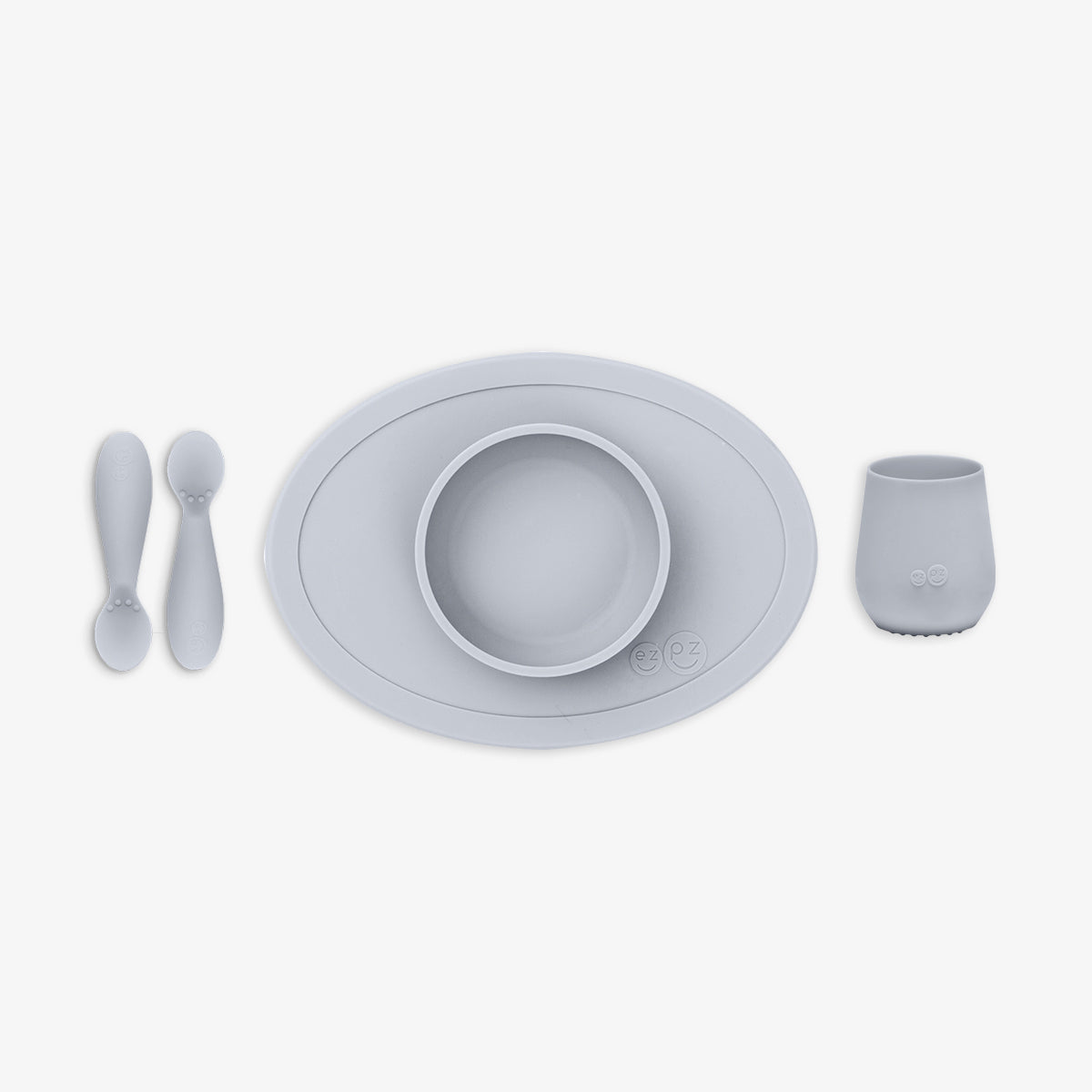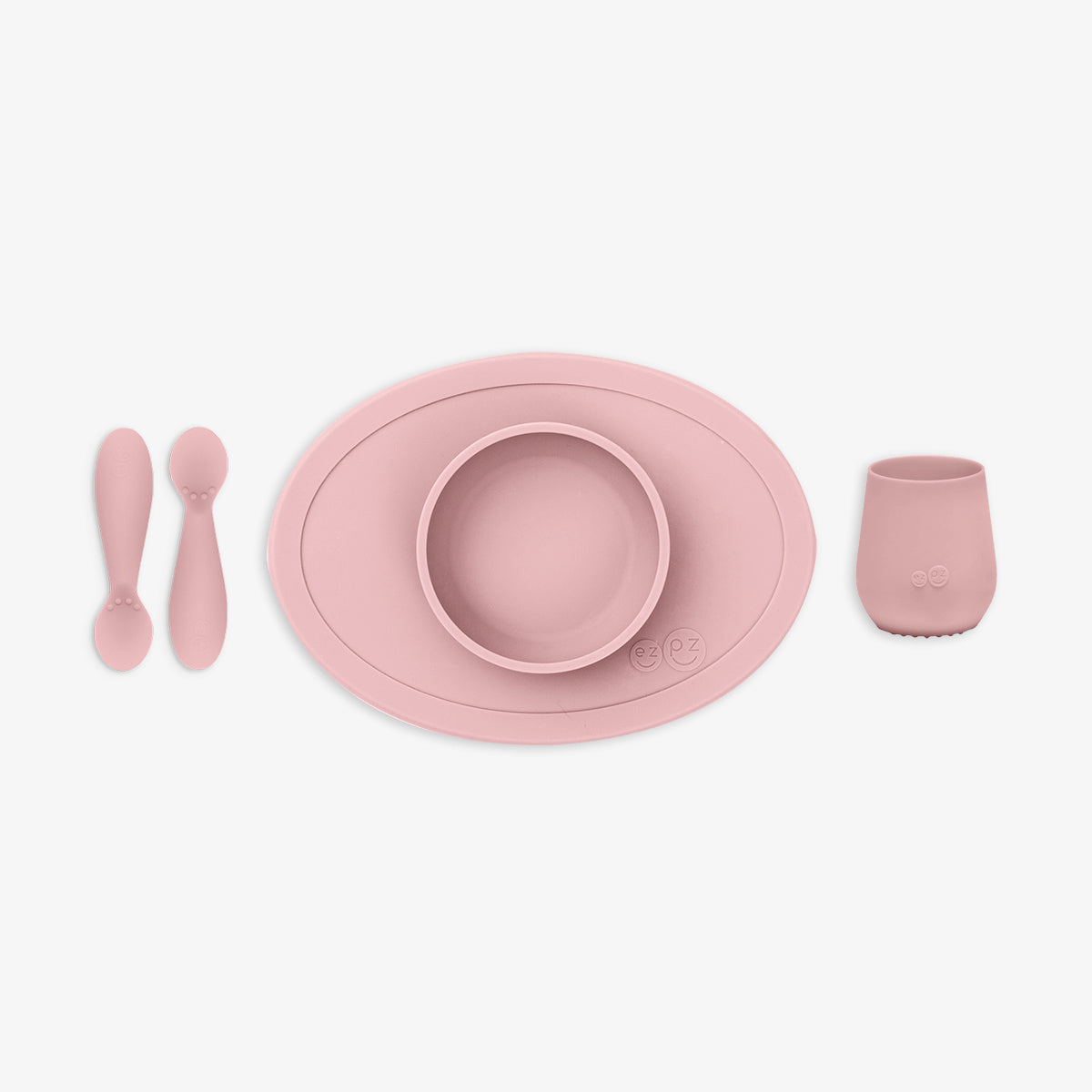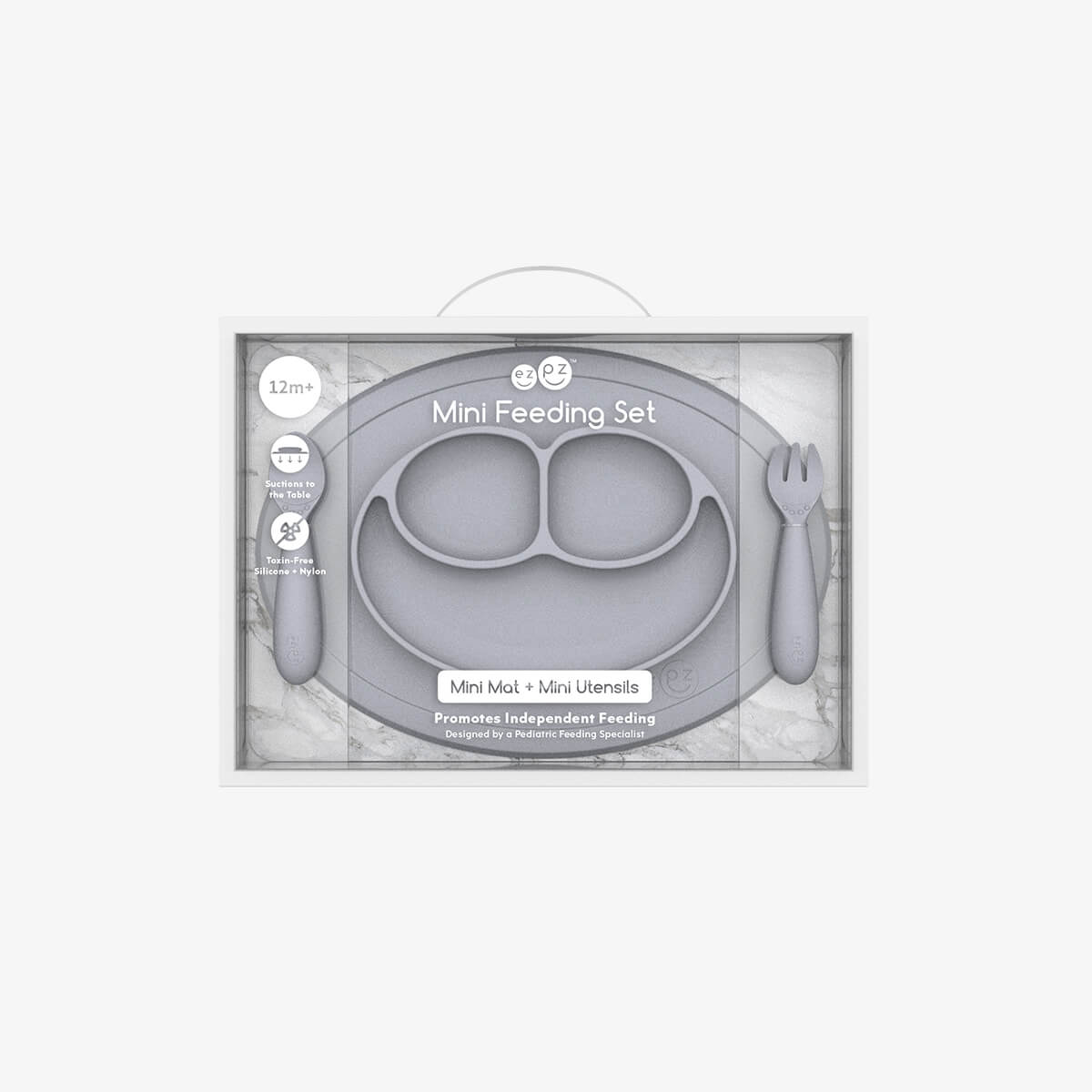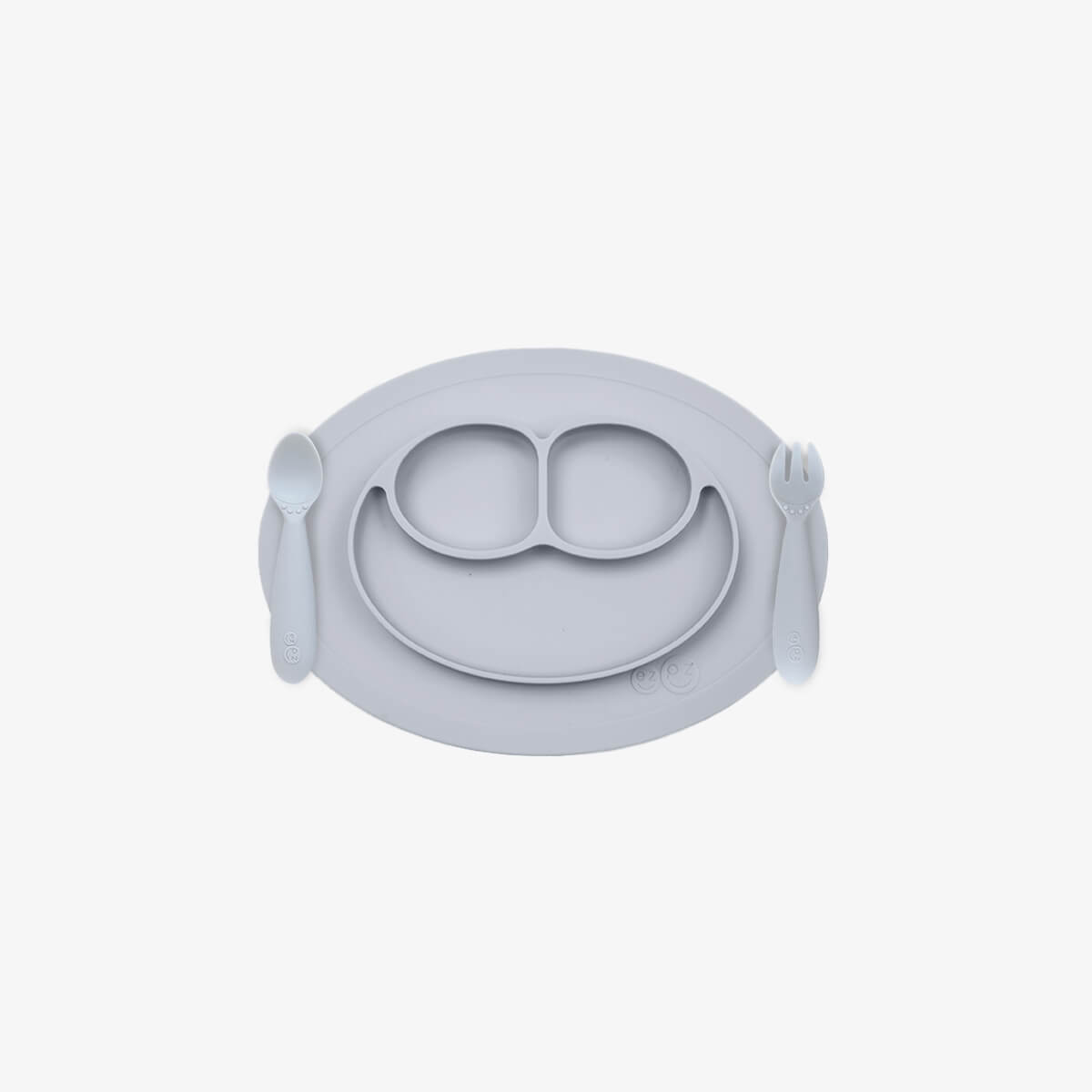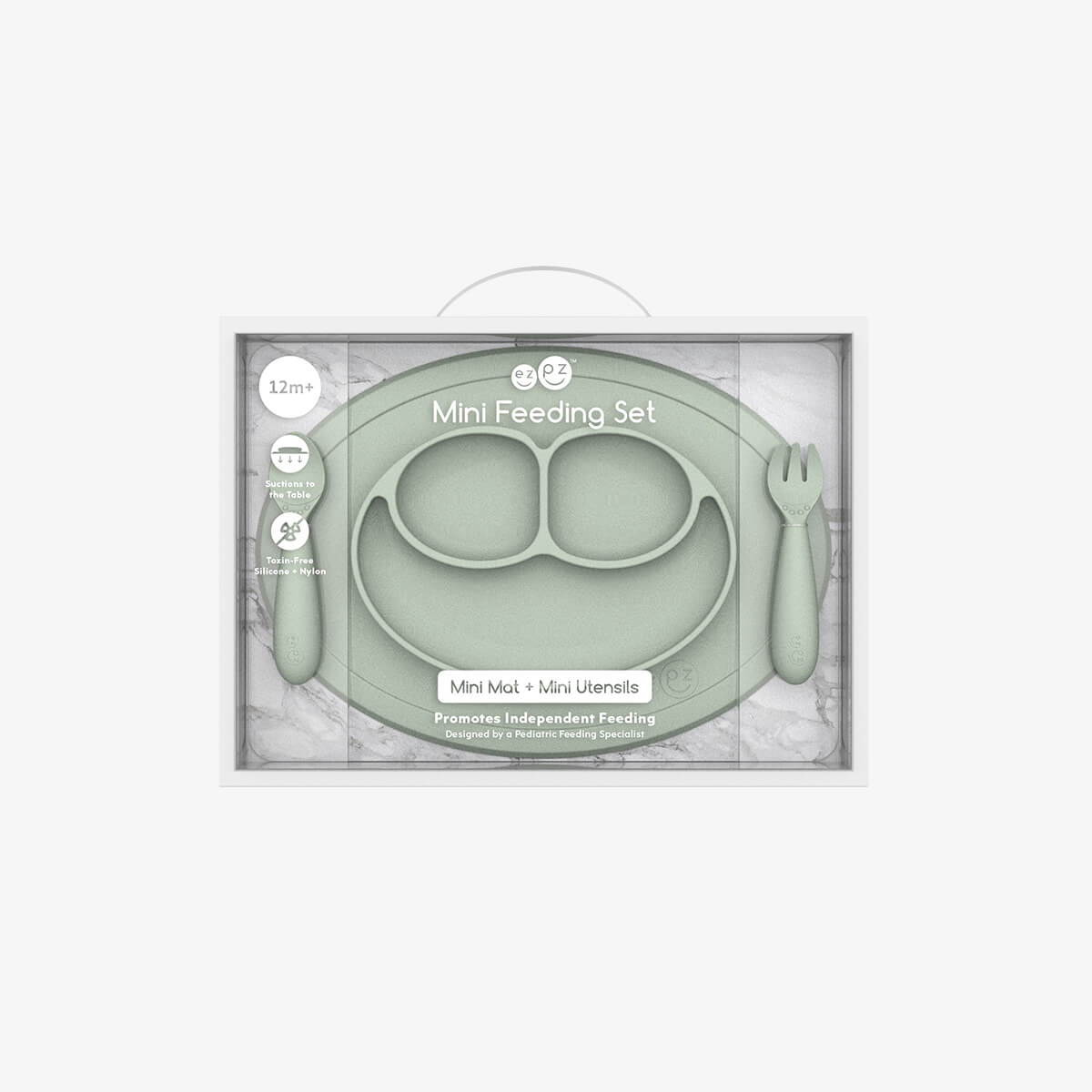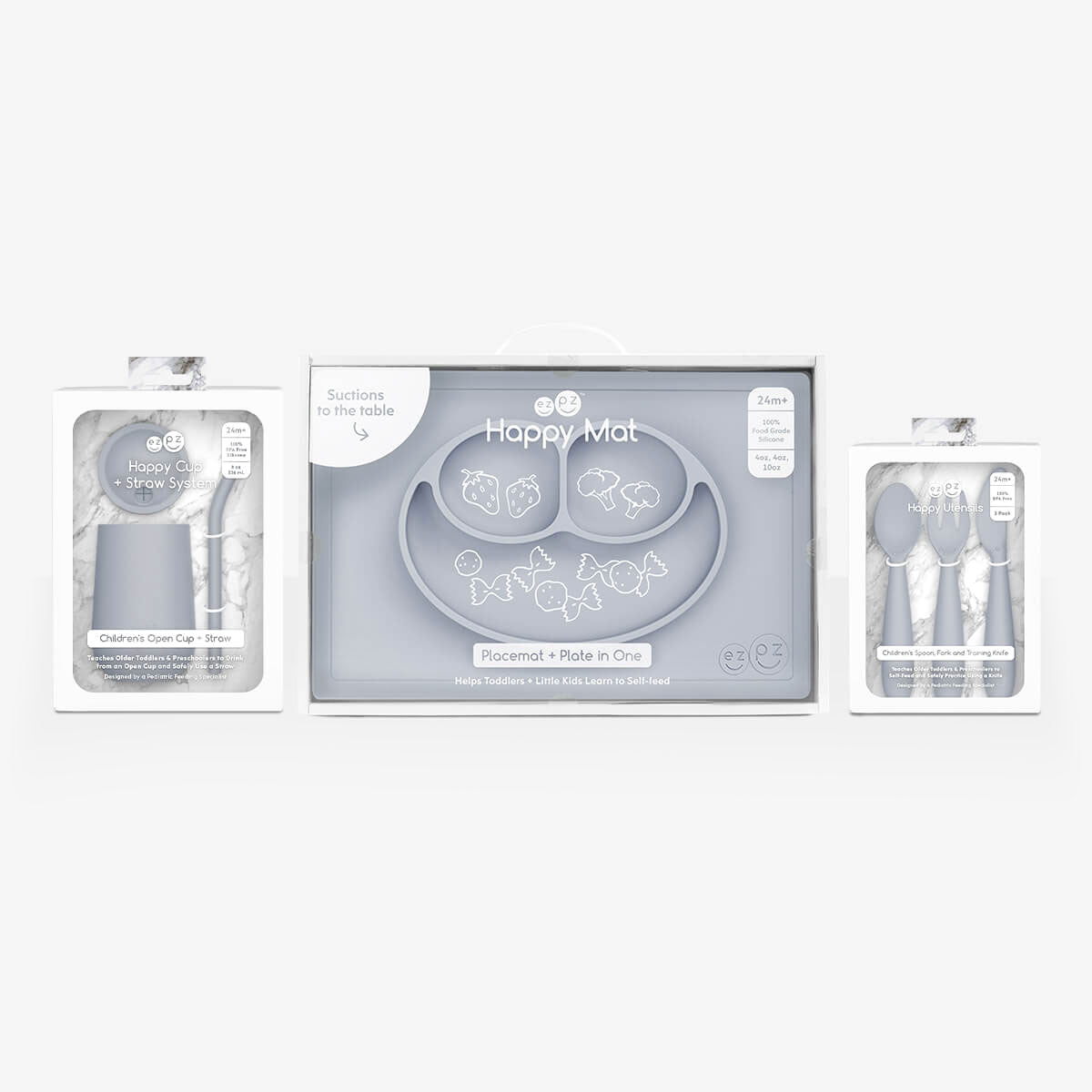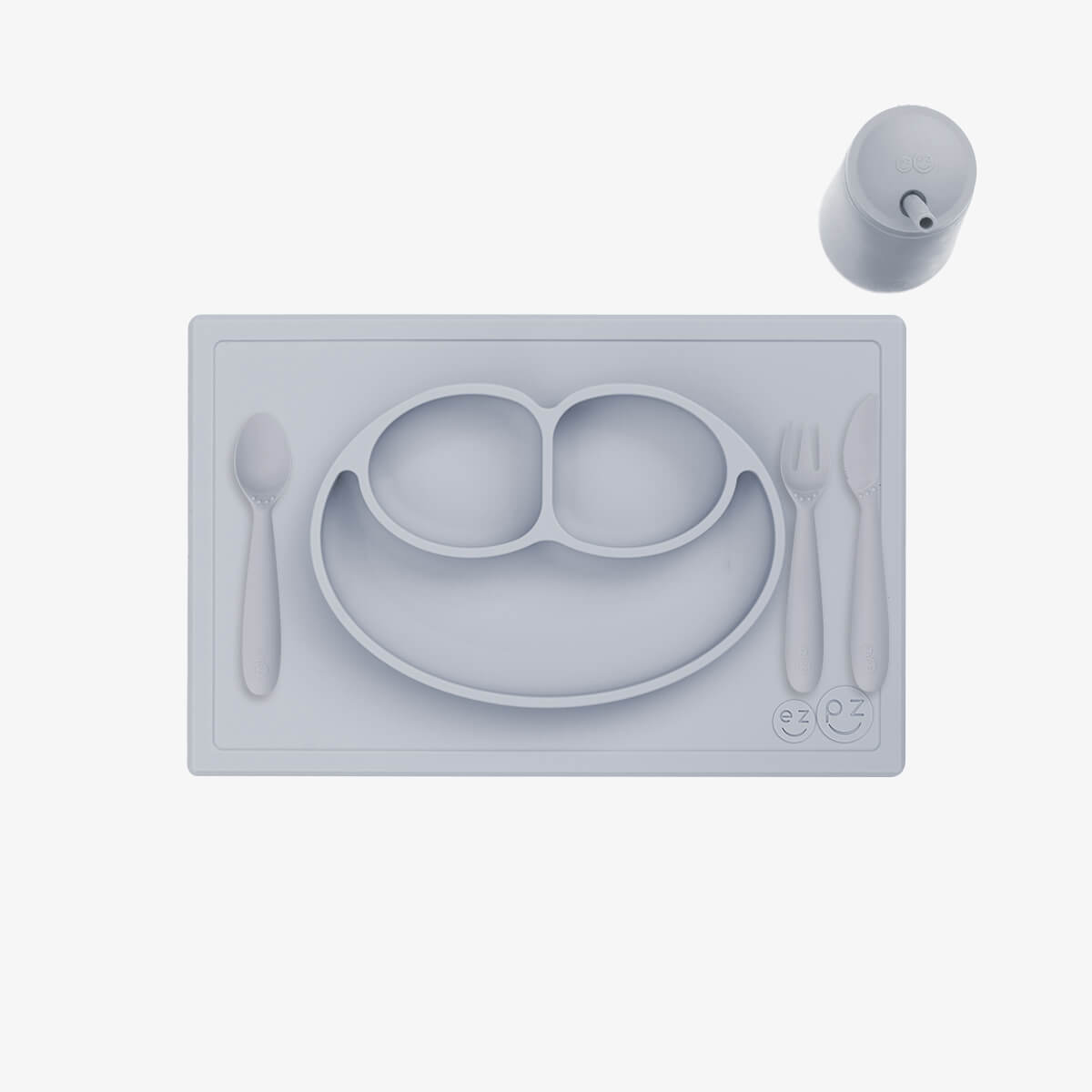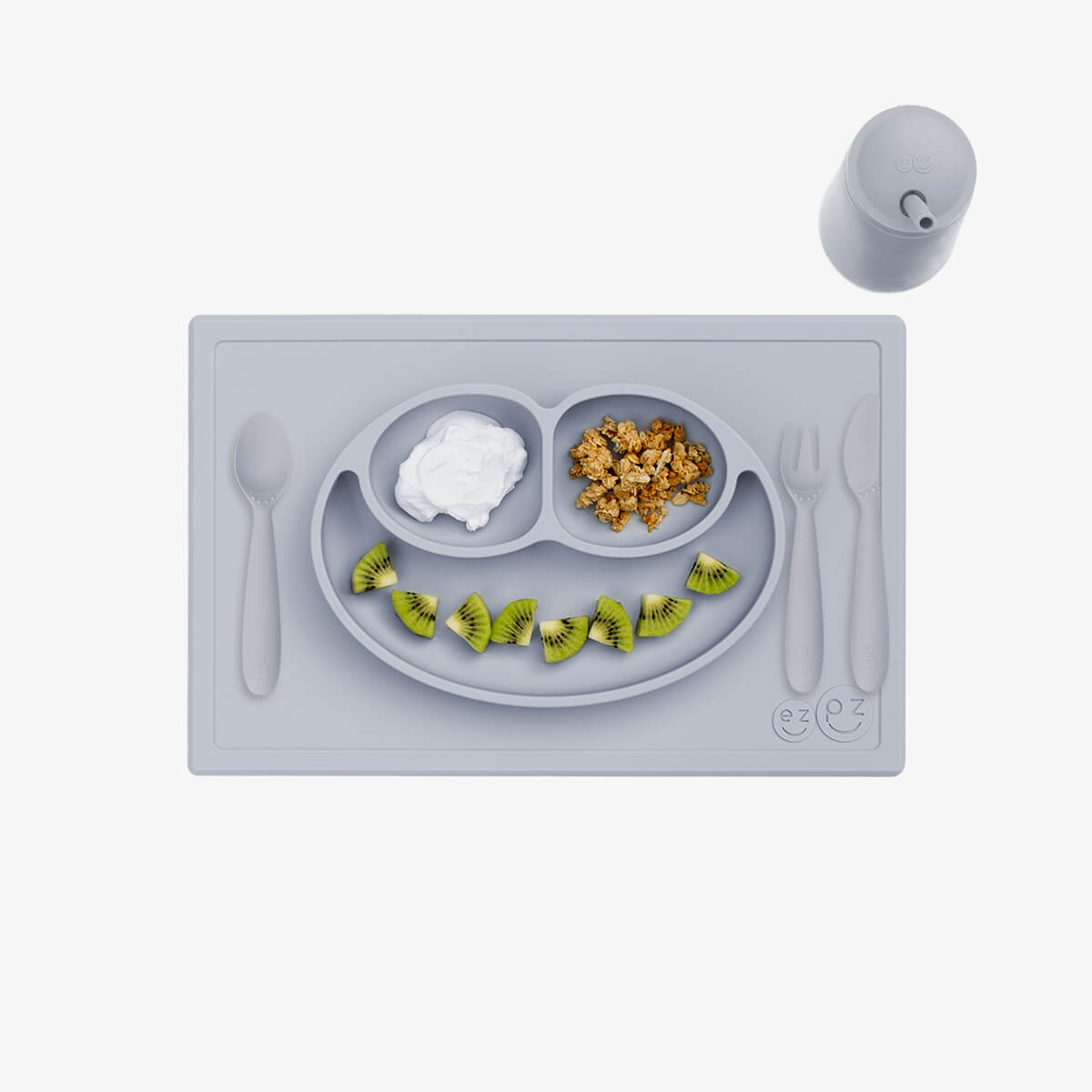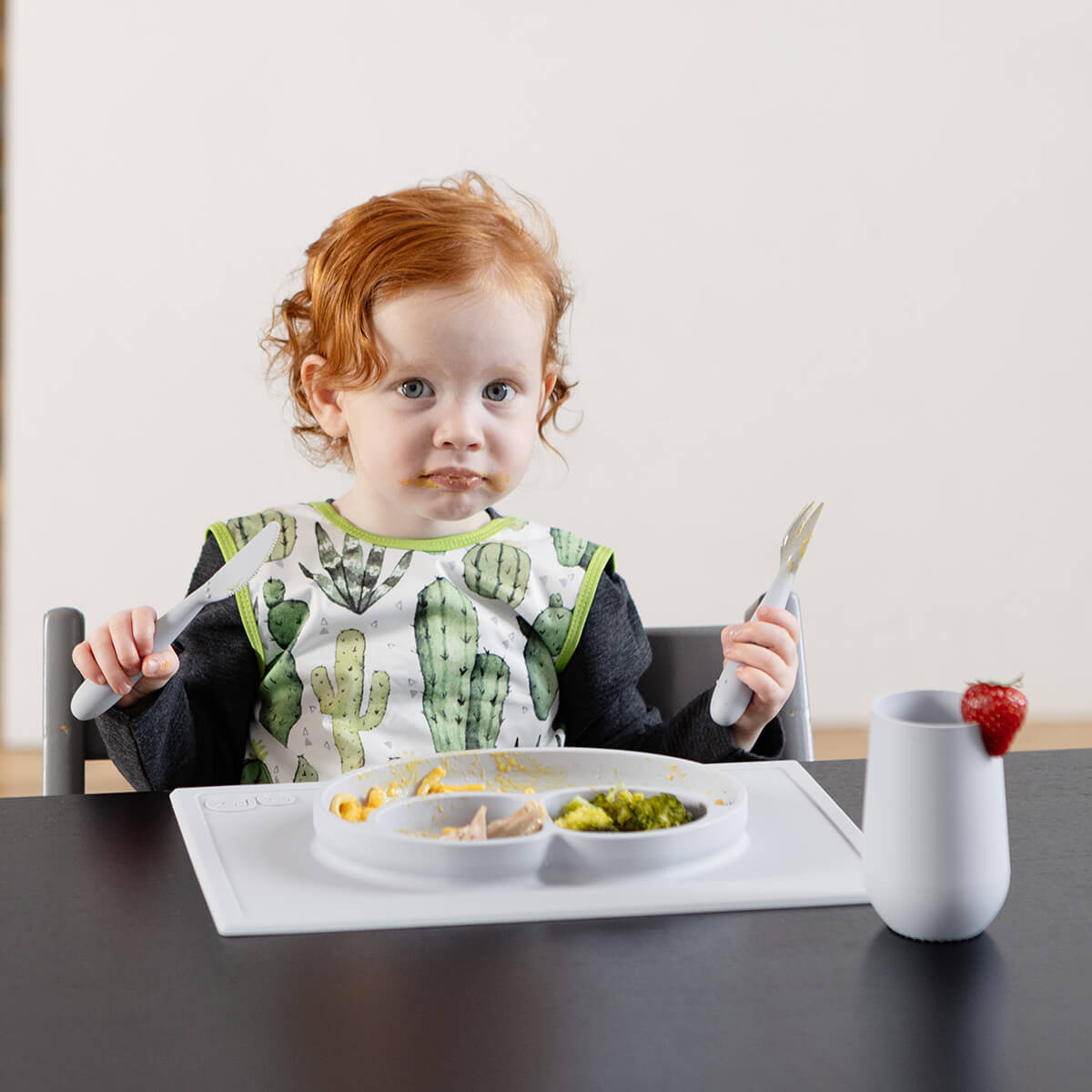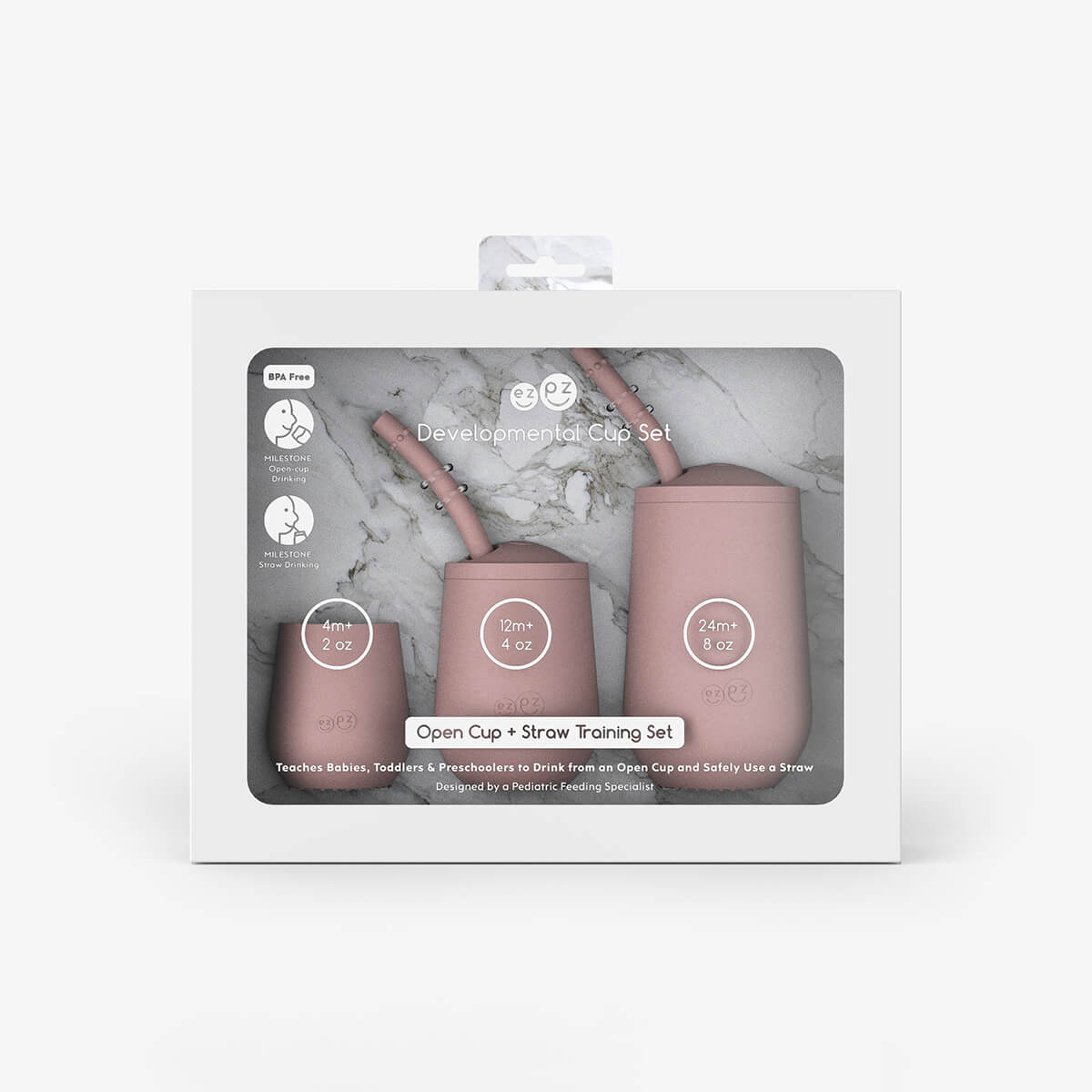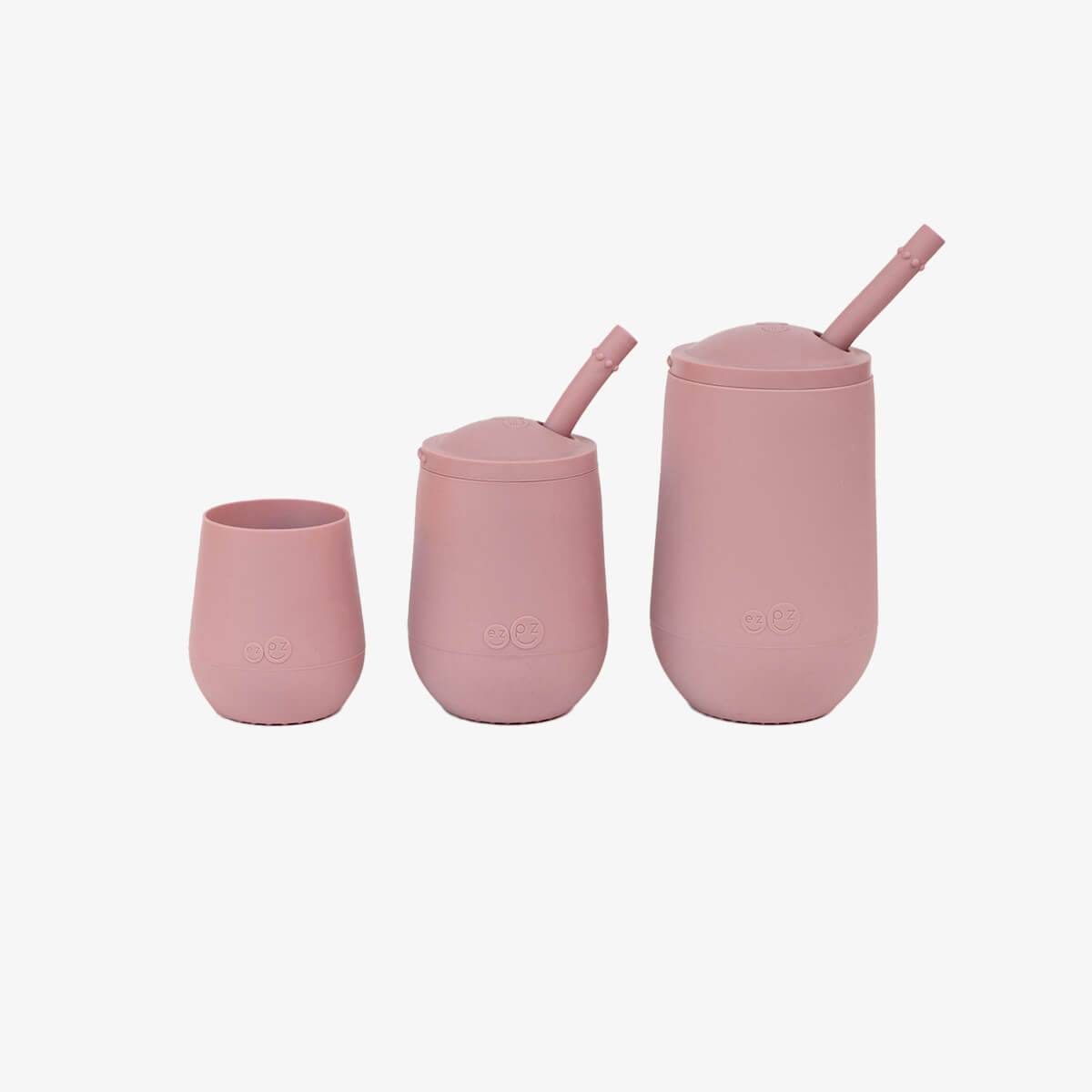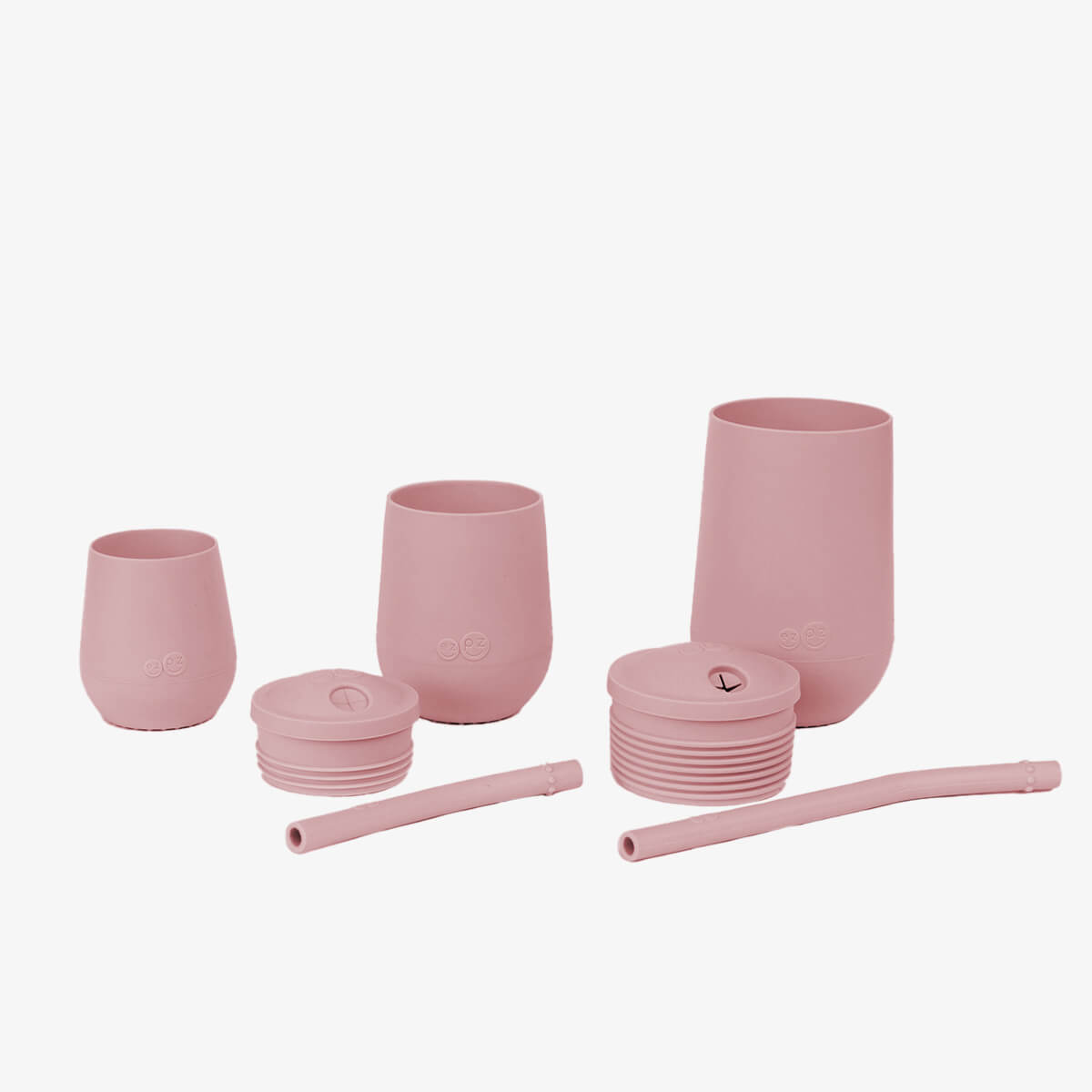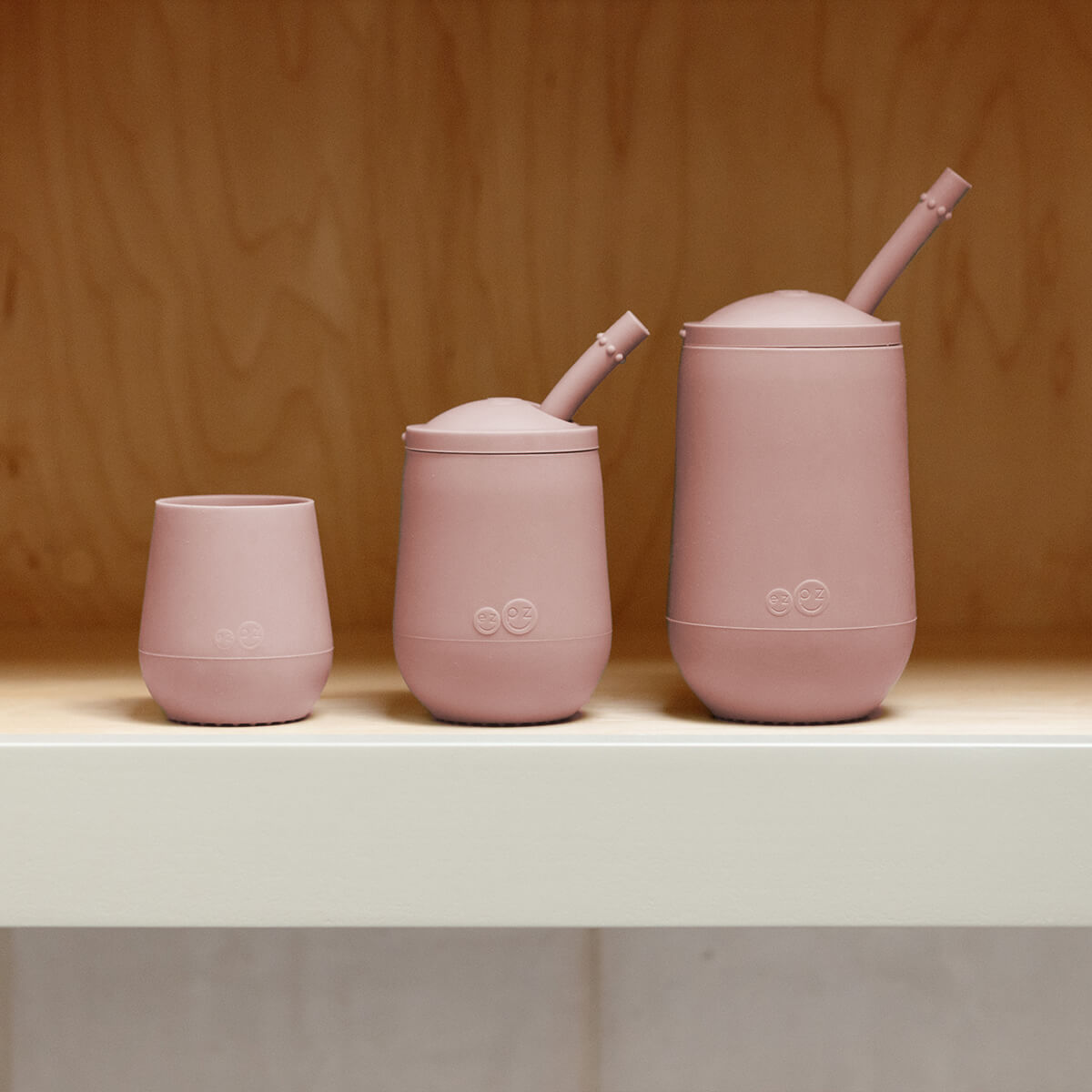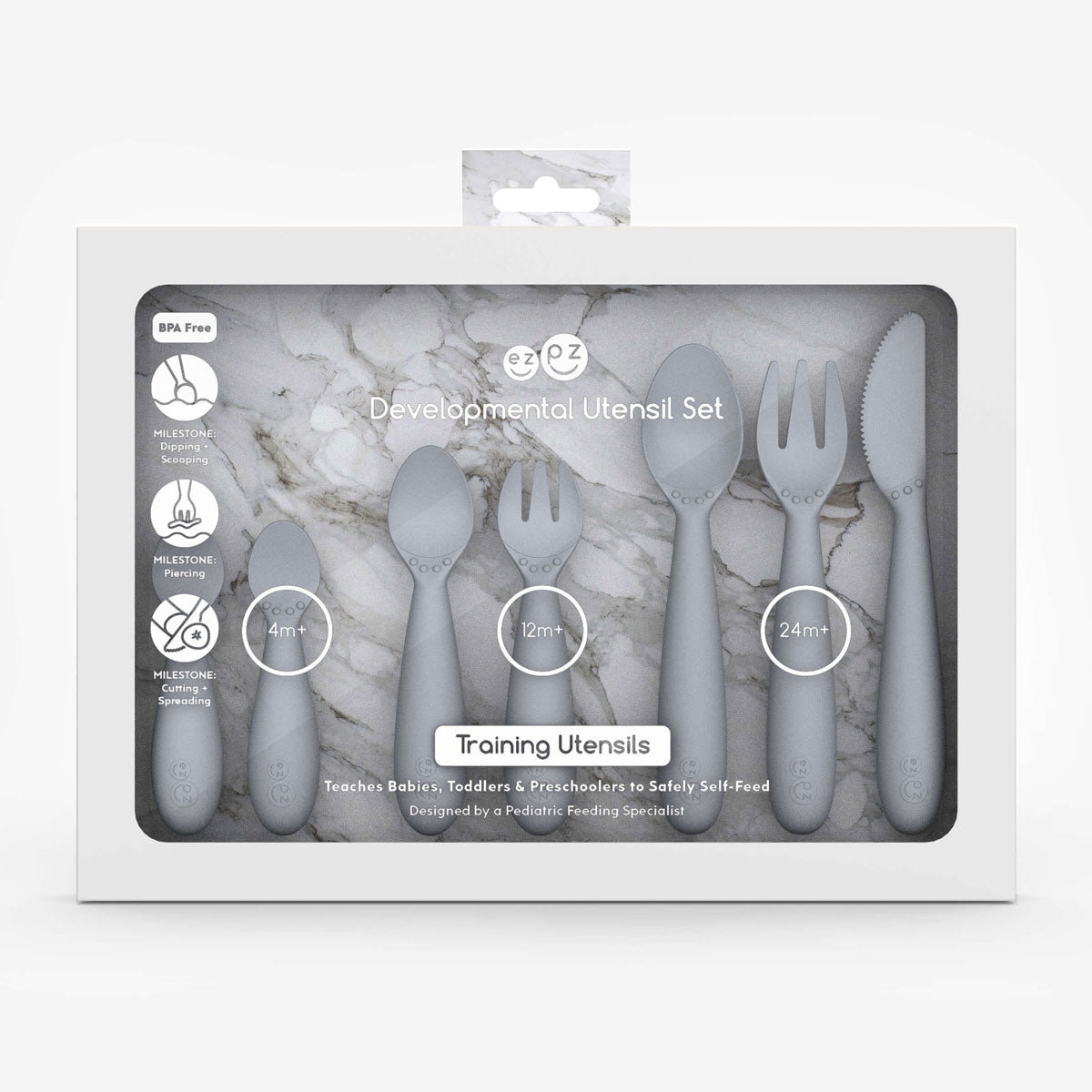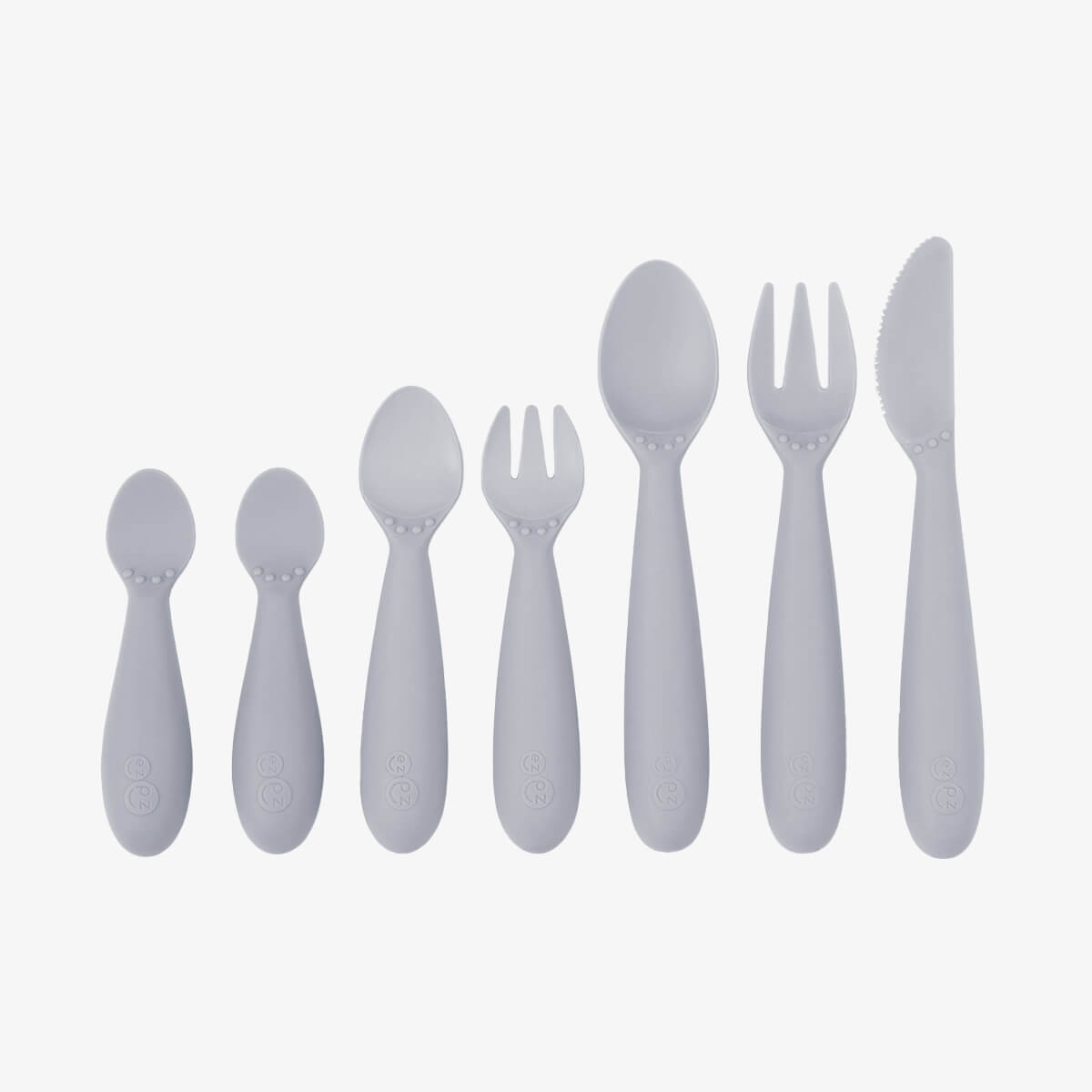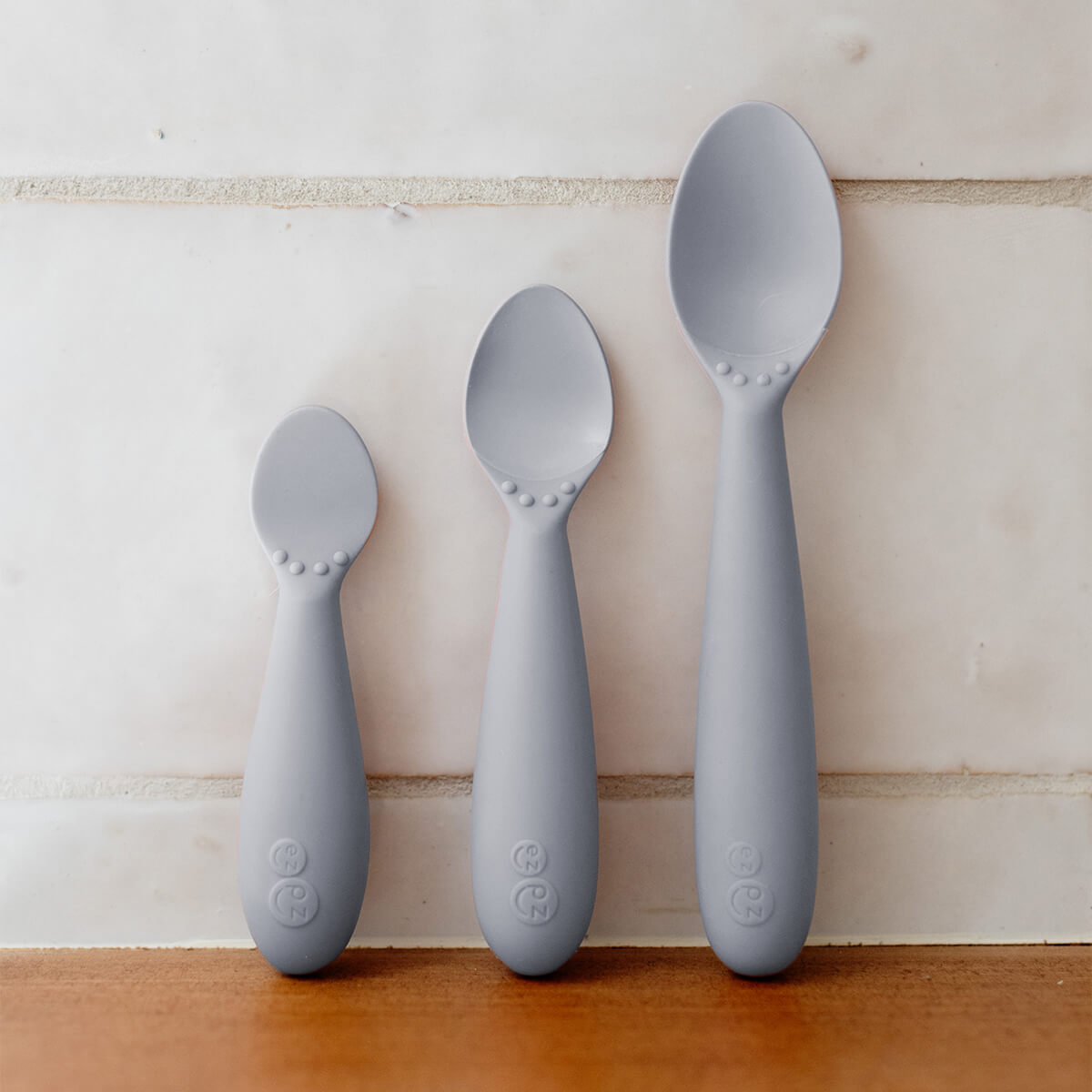If your baby is about to celebrate their first birthday, your bundle of joy is about to enter toddlerhood. As they transition into this new stage of growth, some of the feeding fundamentals you have already learned remain the same. Here are a few of the feeding principles that do not change at your baby’s first birthday.
Constant Supervision: There is a feeding myth that once your baby transitions into toddlerhood they no longer require supervision at mealtime. Unfortunately, this is far from true, as toddlers are still at a high risk for choking. In fact, 80% of foreign body aspiration happens in children younger than 3 years of age.
- Expert Tip: Your toddler still requires constant supervision when eating and drinking to decrease choking risk.
Safe Positioning: Correctly positioning your toddler at mealtime and snack time can decrease their choking and aspiration risk. Just like babies, toddlers need to be in a safe seated position in a highchair or booster seat depending upon their age, stage of development and size. In addition, it is important for your child to maintain a midline position in their chair. A suction plate, such as the ezpz Mini Mat will keep your child in a safe position while finger feeding or using utensils.
- Expert Tip: A toddler should still be seated with their hips, knees, and ankles all positioned at 90-degree angles.
Limiting Mobility: Did you know that choking risk increases if toddlers are allowed to walk or run around while eating and drinking? In my private practice, I have heard about multiple choking incidents that occurred while a child was walking and/or running. You can prevent these experiences by maintaining a household rule that children must always be seated when eating or drinking.
- Expert Tip: Your toddler still requires decreased mobility while eating or drinking (not getting out of the highchair or running around).
Encouraging Self Feeding Milestones: Some of the basic self-feeding skills (finger feeding, open cup drinking and spoon use) during infancy will continue to advance and mature throughout toddlerhood. In addition, other self-feeding milestones, such as straw drinking and piercing with a fork also develop during this time. Self-feeding with both their hands as well as utensils continues to take repetition and reinforcement leading up to the preschool years.
- Expert Tip: A toddler should still be allowed to self-feed with their fingers as well as use a spoon (scooping) and a fork (piercing).
Eating Family Meals: To decrease the risk of choking, it's important for parents to continue eating with their toddler. If the caregiver eats the same foods and models the consumption of those foods, it can reduce choking risk even further. Eating with your toddler will also help decrease pocketing, inattentiveness, food refusal, overstuffing, picky eating and other mealtime behaviors.
- Expert Tip: As your toddler’s oral cavity grows (more teeth, larger tongue, etc.) you can continue to demonstrate how to eat certain foods, textures and temperatures. Modeling can be a positive way to help your child relearn how to eat certain foods with their new cranio-facial development.
I hope these feeding principles will help you feel more confident during this transition. For more information on skills that do change during this time, check out this blog. What feeding adjustments are you experiencing with your toddler right now?


